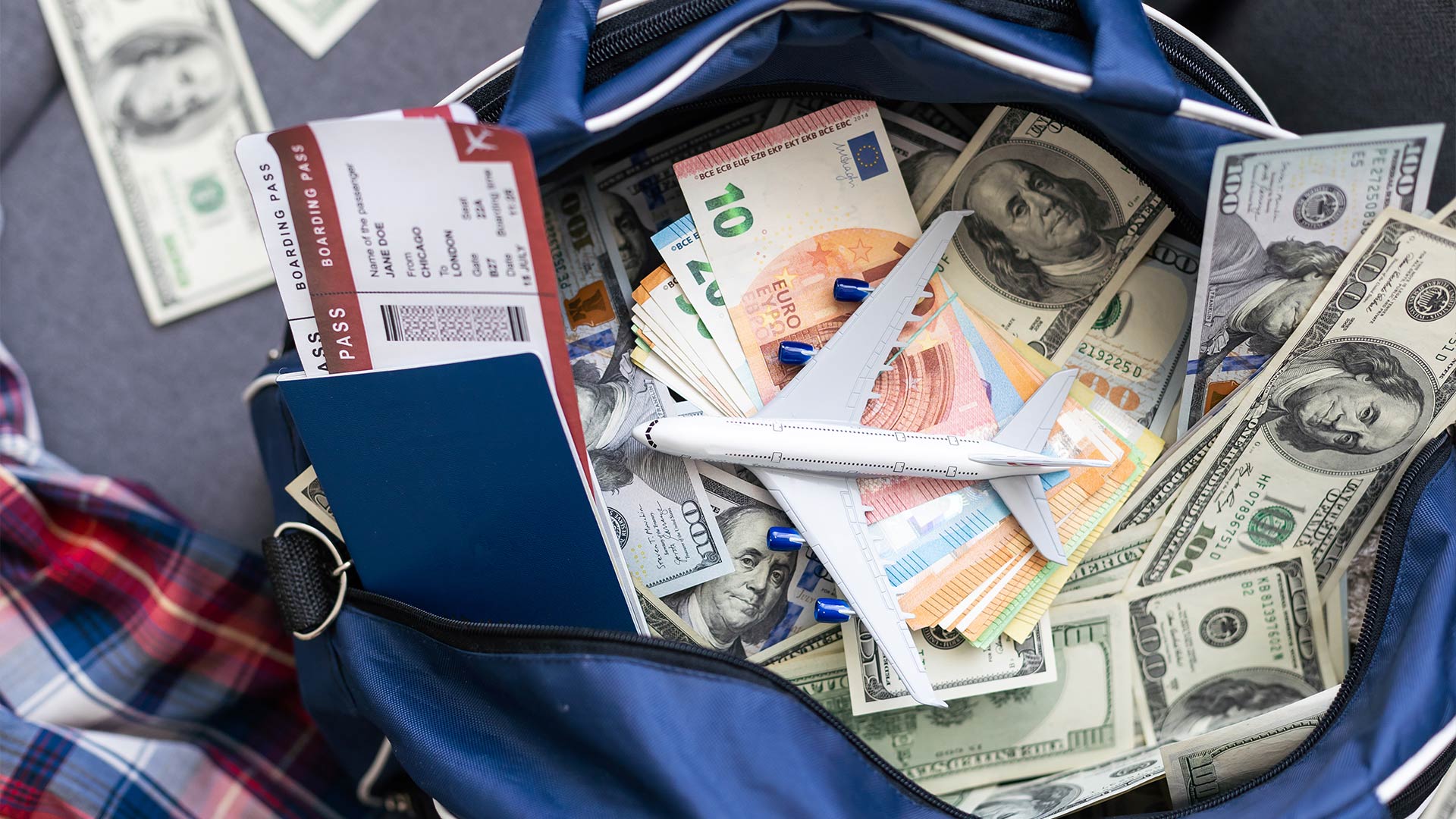Budget Travel in Europe: How to Save on Transport, Stay & Food
Traveling through Europe doesn’t have to break the bank. With careful planning and smart choices, you can experience iconic cities, charming towns, and diverse cultures on a tight budget. This guide offers practical tips for saving money on transportation, accommodation, and food, helping you make the most of your European adventure without overspending.
🚆 Transportation: Smart Ways to Get Around
1. Use Budget Airlines for Long Distances
Europe is home to several low-cost airlines like Ryanair, Wizz Air, and easyJet. You can often find one-way flights between major cities for as little as €10–€30 if you book early.- Tip: Always check baggage policies. Many cheap flights only include a small backpack in the base fare.
- Popular Routes: London–Rome, Paris–Barcelona, Berlin–Budapest.
2. Take Overnight Buses or Trains
If you're traveling between countries, an overnight bus or train can save both time and a night’s accommodation.- Companies: FlixBus, BlaBlaBus, InterCity trains.
- Average Cost: €15–€50 depending on route and time of year.
3. Get a Rail Pass if Traveling Often
If you plan to visit several cities within a short time, consider a Eurail Pass (for non-EU residents) or Interrail Pass (for EU citizens).- Best Value: Use for long-distance or expensive routes (e.g., Switzerland, Scandinavia).
- Alternative: Book regional train tickets 1–2 months in advance via local rail sites for better prices.
4. Use Public Transport & City Passes
Most European cities have efficient metro, tram, and bus networks.- Buy day or multi-day passes for unlimited rides.
- Cities like Vienna, Prague, and Lisbon offer tourist cards that include free public transport and discounts at museums.
🏨 Accommodation: Stay Cheap & Comfortable
1. Hostels Aren’t Just for Backpackers
Modern hostels often offer private rooms with bathrooms at a fraction of hotel prices.- Top Booking Platforms: Hostelworld, Booking.com, Agoda.
- Extras: Free breakfast, shared kitchens, social events.
2. Consider Short-Term Rentals
Platforms like Airbnb, Vrbo, or Homestay can be budget-friendly if you split with friends or stay for several nights.- Pro Tip: Avoid rentals in city centers for lower rates.
- Bonus: Many come with kitchens, so you can cook and save more on food.
3. Stay in Smaller Towns Near Major Cities
Instead of sleeping in Paris or Amsterdam, stay in nearby suburbs or towns and commute in.- Examples:
- Paris → Saint-Denis or Montreuil
- Amsterdam → Haarlem or Leiden
- Rome → Ostia
4. Try Couchsurfing or Hospitality Networks
If you're adventurous, platforms like Couchsurfing or BeWelcome connect travelers with locals offering free places to stay.- Warning: Always read host reviews and follow safety tips.
🍝 Food: Eat Well for Less
1. Skip Tourist Restaurants
Avoid dining near major landmarks. Instead, walk a few blocks away and look for places where locals eat.- Daily Specials: Many restaurants offer affordable lunch menus (menu del día, formule déjeuner) for €10–€15.
- Street Food: Try döner kebab in Germany, crêpes in France, or pizza al taglio in Italy.
2. Shop at Supermarkets & Local Markets
Save big by shopping at chains like Lidl, Aldi, Carrefour, or Tesco. Prepare your own meals or buy fresh bakery items, sandwiches, and snacks.- Farmers' Markets: Great for fresh produce, cheese, and regional specialties.
- Picnics: Eat in parks or by rivers for a scenic, budget-friendly meal.
3. Use Apps for Dining Deals
Apps like Too Good To Go, TheFork, or Eatigo offer discounts on unsold food or off-peak restaurant times.- Discounts: Up to 50% off meals.
- Best in: France, Italy, Spain, Germany, and the Netherlands.
🎟️ Sightseeing: Save While Exploring
1. Free Walking Tours
Most major cities offer tip-based walking tours in English and other languages.- Companies: Sandemans, FreeTour, GuruWalk.
- Topics: Historical city centers, street art, food, or ghost tours.
2. Visit Museums on Free Entry Days
Many museums in Europe have free admission days, especially for EU citizens under 26.- Examples:
- Louvre (Paris): Free on the first Friday of the month (evening).
- Prado Museum (Madrid): Free evenings Monday–Saturday.
- Vatican Museums: Last Sunday of the month.
3. Buy a City Pass
If you plan to visit multiple attractions in one city, passes like the Paris Pass, London Pass, or Berlin Welcome Card can offer good value.- Includes: Public transport + entry to 20+ attractions.
- Compare Prices: Only worth it if you plan a full sightseeing day.
✈️ Bonus Tips for Budget Travel in Europe
- Travel in Shoulder Season (April–May, September–October): Cheaper flights and fewer crowds.
- Bring a Refillable Water Bottle: Tap water is safe in most countries.
- Use Free Wi-Fi: Available in airports, cafes, and many public places.
- Pay in Local Currency: If asked, always choose local currency when using your card to avoid poor exchange rates.
✅ Final Thoughts
Europe offers some of the world’s richest travel experiences—but that doesn’t mean you have to overspend. By flying budget airlines, staying in hostels or local rentals, eating like a local, and taking advantage of public transport and free attractions, you can explore the continent fully even on a shoestring.
Plan ahead, stay flexible, and prioritize experiences over luxury—and you’ll return home with unforgettable memories and money still in your pocket.


